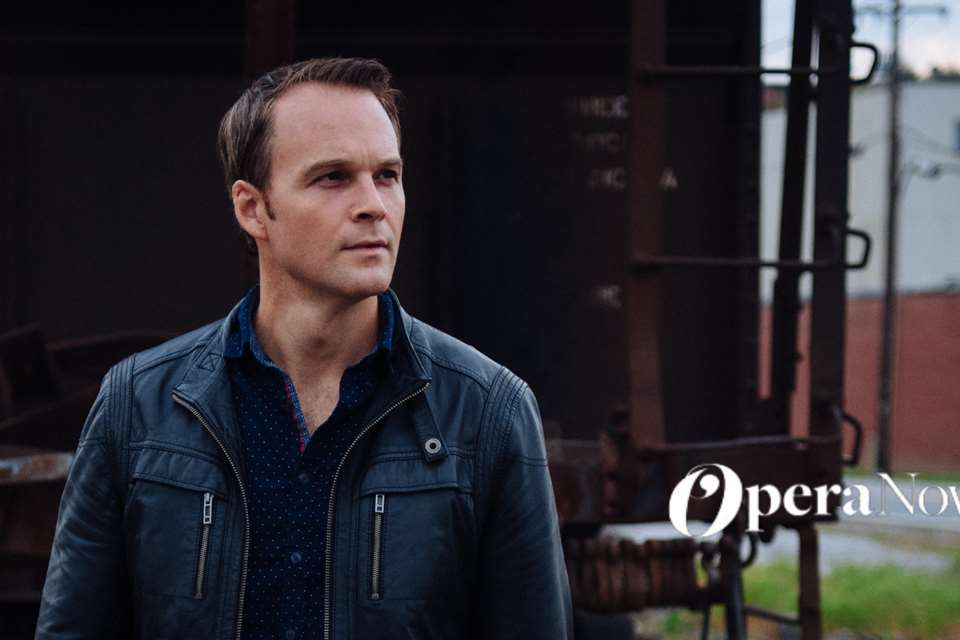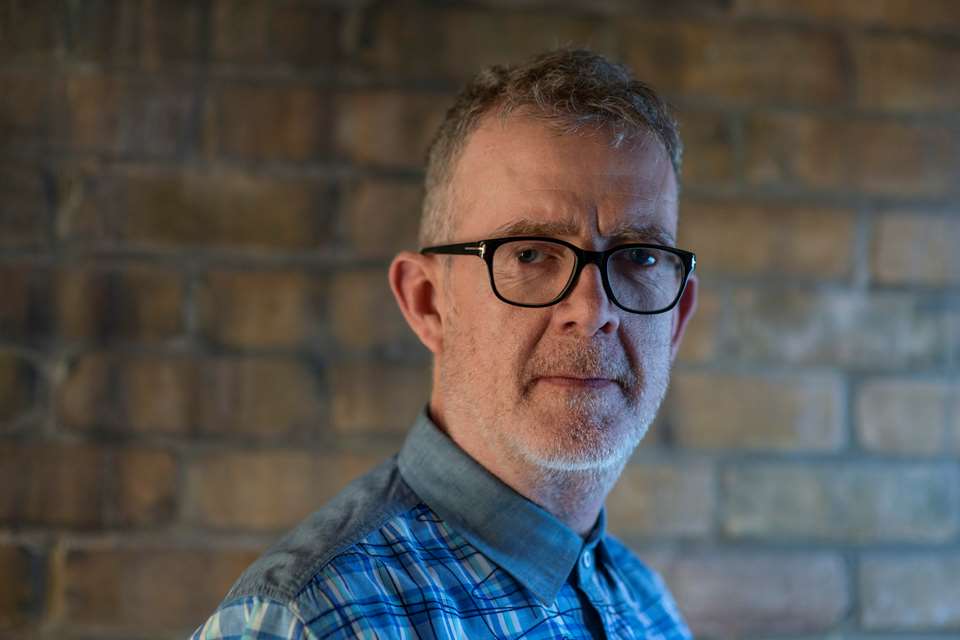'If we don’t share these stories, then we forget' – 10 Days in a Madhouse | Opera Philadelphia
Hattie Butterworth
Thursday, September 21, 2023
Opera Philadelphia stages a world premiere telling the story of journalist Nellie Bly as she exposed the mistreatment of women within mental hospitals
Register now to continue reading
This article is from Opera Now. Register today to enjoy our dedicated coverage of the world of opera, including:
- Free access to 3 subscriber-only articles per month
- Unlimited access to Opera Now's news pages
- Monthly newsletter









